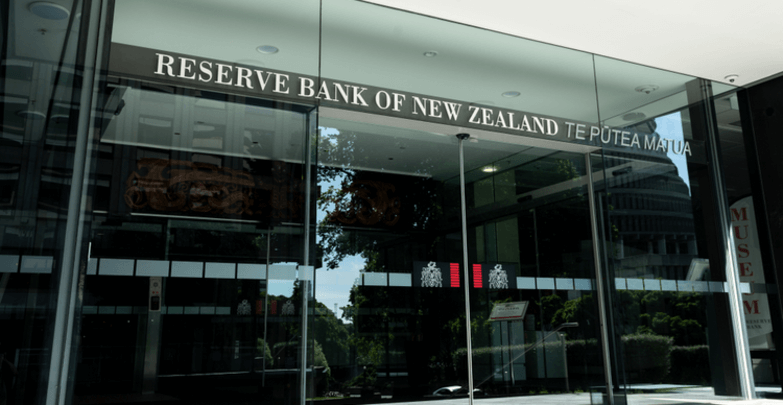
New Zealand’s Reserve Bank has revealed that it would spend the next few months in public consultation as it increases its efforts towards CBDC development.
The Reserve Bank of New Zealand has announced that it has started a public consultation on a central bank digital currency (CBDC). The apex bank said it intends to spend the next few months on public consultations as it seeks advice on issues ranging from stablecoins to central bank digital currencies (CBDCs).
The central bank made this known when it presented its roadmap yesterday. According to the bank, it would be building on previous work done in the area to design how the future of payments would be in the country.
The Reserve Bank of New Zealand’s Assistant Governor Christian Hawkesby said the move is necessary since money is slowly transforming into digital forms. “We’ll be considering not only what we should be doing as steward, but what a resilient and stable cash and currency system in New Zealand might look like, and how we might best respond to digital innovations in money and payments,” the governor said.
Per the governor, the first consultation is set to introduce and get feedback on the broad ideas of money and cash stewardship. It will also include an outline of specific topics that would be covered in the first consultation series.
“Subsequent papers will look at the potential for a Central Bank Digital Currency (CBDC) to work alongside cash as government-backed money,” he added. A crucial area that regulators have been looking at in recent months is stablecoins, especially the Facebook-proposed Diem currency.
The governor said the Reserve Bank of New Zealand would also look at issues arising from new digital money forms, including crypto assets like Bitcoin and stablecoins such as the one proposed by a Facebook-led consortium. The consultation would look at how the cash system might need to change to continue to meet the needs of users, the governor added.
New Zealand joins a host of other countries conducting active research into CBDCs as central banks look to catch up to the private financial institutions in the digital currency sector.

